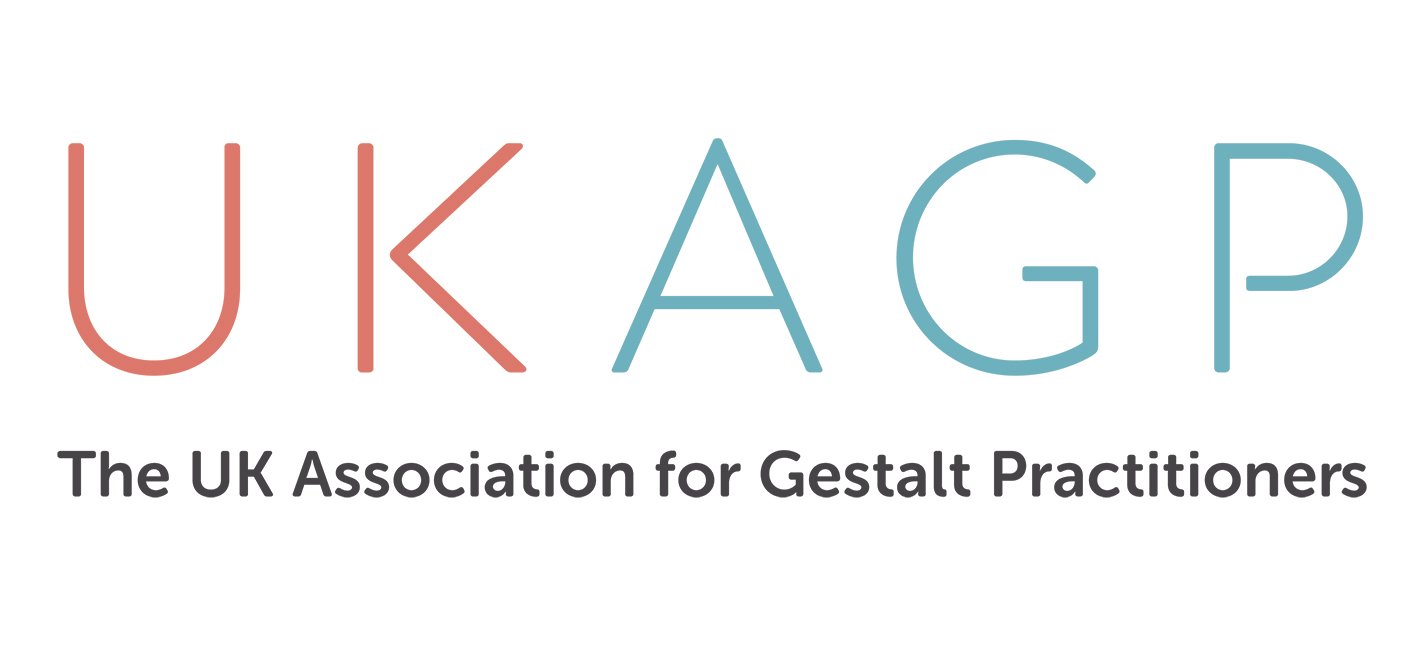Val Randle: The Story of the Skatepark
Climbing Walls & Stakeparks, by Val Randle
This year the theme of the UKAGP Conference was ‘Stuckness and Play’. Many more themes arose and were expressed in the community, including Storytelling. This inspired me to give my feedback on the conference in the form of storytelling.
“It looks like a disaster about to happen” the man sitting next to me said, and then we shared how good it was to be witnessing such a model of cooperative, democratic, creative community.
Ten years ago I regularly took three of my grandchildren to a large park where they spent time in a very basic skate park. It had two high quarter pipes with steep drop-ins facing each other across a concrete space. Gentler slopes flanked the quarter pipes. It was often very busy with children of all ages moving in the park, from teenagers doing acrobatic moves on BMX bikes, others testing their balance on skateboards and scooters, and even, on that particular day, a tiny boy astride a push-along truck trundling up a lesser slope and rolling down again. Adults held the space around the outside of the skate park,watching or chatting but not controlling the activities of the children.
This is what I could see while looking in. Children of all ages queued patiently for their turn to roll down a slope or drop in. My younger grandson queued several times to get to the edge of the quarter pipe and peer over, and then decided he wasn’t ready to launch off yet and moved his scooter to a lesser slope. Nobody pushed in or protested at others taking too much time. Teenagers went to warn younger children to move aside when they were planning their next manoeuvre which might fly too close to them. Sensitive focus and close attention was necessary as riders would launch off from either quarter pipe across the concrete and up the opposite quarter pipe. I never saw a head-on collision. When a younger child carelessly crossed the path of a speeding biker, the biker would athletically swerve to avoid him and then check “you ok?” The younger one who had tumbled would shake himself and bravely say yes. There was no wailing or whining. Being brave and competent seemed to be what the children aspired to. Helpfulness and mutual sharing was also promoted. More experienced children showed others how to improve their stance or to fix their transport. I saw my older grandson glow with pride when he lent a spanner to a teenager who needed to fix his bike. He got some coaching in exchange.The children learned their craft by closely watching more skilled riders and practised over and over again, pacing themselves by tuning in to how much risk they could venture that day. The occasional loud teenager was not sanctioned by his peers to become the centre of attention. There was no pay-off for this behaviour. It was lively, though, with much banter and hoots of laughter amongst the older ones. The younger ones were immersed in solemn concentration as they developed their skills, but would come sometimes to the edge of the park to check that a parent had seen them master a new move.
My grandchildren loved going to the skate park. They learned about risk assessment and how to challenge themselves rigorously to improve their skills and knowledge. They experienced a community coming together cooperatively to protect and enable all the members at different stages of development and they felt rewarded by helping each other.
The man in the park and I were so impressed by what the children created. No heavy-handed adults intervened to regiment what was working so well. We wished all politicians could witness it and learn what society could be like.
Of course I know not all skate parks are like this. There can be bullying, shame, danger and exclusion in these places. Conferences can be like this too.
This UKAGP conference was for me reminiscent of my experiences at the skate park. I am still glowing with memories of this joyful space of learning, support, challenge and contactfulness.
PS My now adult grandson read this and corrected me. He said skatepark culture is inclusive and supportive everywhere he has been. How inspiring that is!
Val Randle
I attended the first Gestalt workshops run by American trainers in the early 1970s. After training in counselling, supervision and other modalities I trained in Gestalt Therapy in 1980s. I have worked as a therapist for 44 years and retired in June this year.

